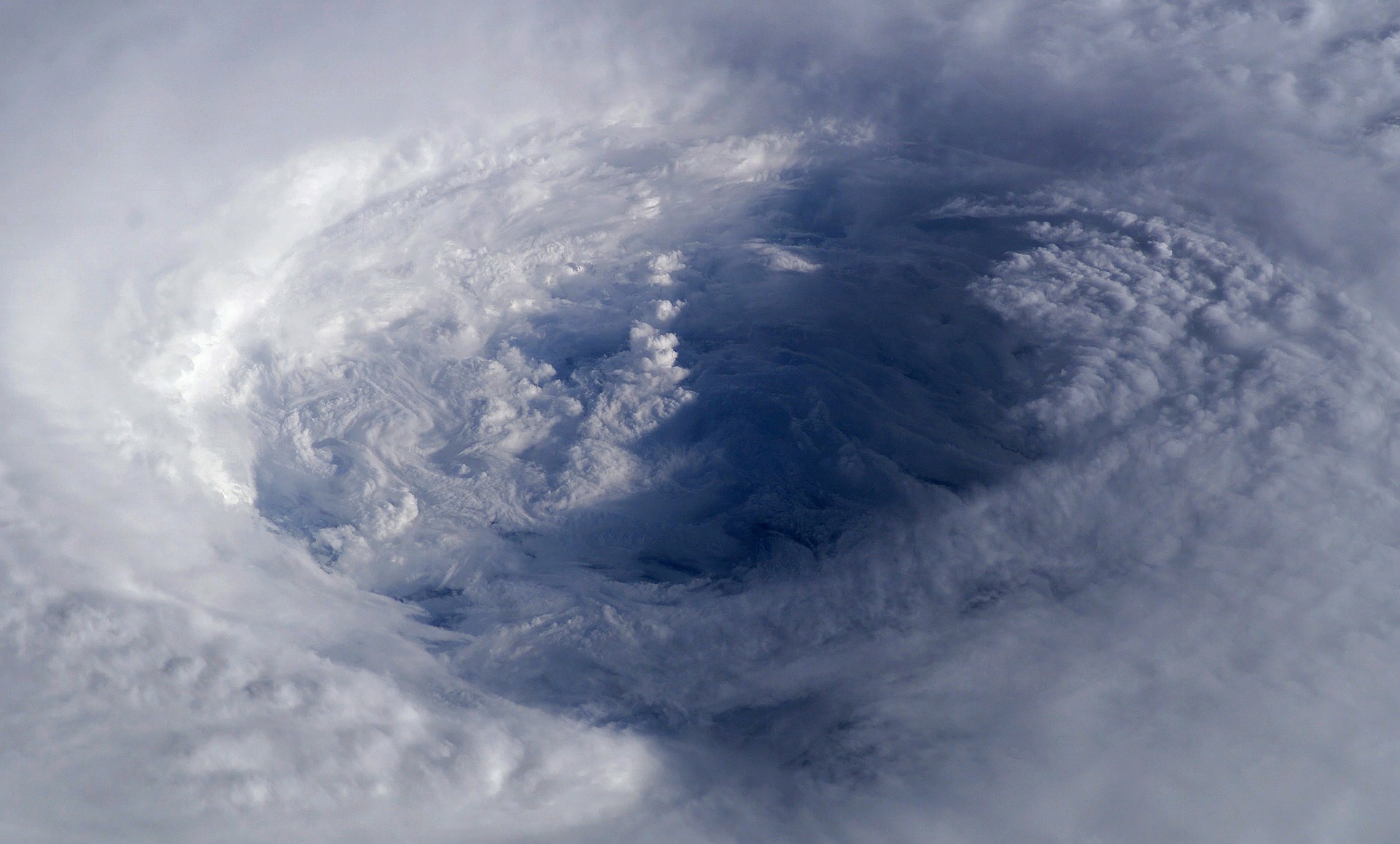-
Research brief: Data assimilation strategies for state dependent observation error variances

This research shows how to optimise the observational uncertainty description for data assimilation schemes in the special case of state dependent observational uncertainty.
-
Research brief: Improving assimilation of radiance observations by implementing model space localisation in an ensemble Kalman filter

New data assimilation method leads to large improvements in forecast accuracy when satellite observations of electromagnetic radiation emanating from the Earth were used to inform the data assimilation scheme.
-
Research brief: Hybrid Cyclones in the Australian Region

Two papers by Centre of Excellence researchers are the first to systematically investigate and document hybrid cyclones in the Australian region.
-
Research brief: How organised convective systems produce more extreme rainfall.

Extreme daily accumulated rainfall is greater when convection is organised, because convection is localised in relatively fixed locations once it’s organised, which increases the accumulated extreme rain over long timescales.
-
Research brief: Australian climate policy inaction threatens lives

Overall, the inaugural Australian Countdown finds that Australia is vulnerable to the impacts of climate change on health, and that policy inaction in this regard threatens Australian lives. In a number of respects, Australia has gone backwards and now lags behind other high income countries such as Germany and the United Kingdom. Examples include the…
-
Research brief: The mechanisms leading to a stratospheric hydration by overshooting convection

In this study a very high-resolution simulation of a Hector thunderstorm – a large regularly occurring storm near Darwin – is analysed and the hydrating properties of the overshoots are examined.
-
Research brief: Increased precipitation under climate change consistent across models

Under future global warming, models shows increases in the wettest day of the season or year exceeds the range of changes explained by natural variability in most land areas.
-
Research brief: Study extends meaningful forecasts of stratospheric warming events

A new study explores a new, probabilistic way of prediction of stratospheric warming events in the Northern Hemisphere based on dynamical arguments produces meaningful forecasting information around ten times longer than traditional model forecasting.
-
Hail the new storm app for citizen science, WeatheX

If you are a stormchaser or just someone who loves the theatre of wind, lightning, heavy rain and hail when a storm whips through, then you are perfectly placed to help climate science with the new WeatheX app.
-
Extreme Rainfall RP workshop, October 4, 2018

The Extreme Rainfall Research Program of the Centre of Excellence for Climate Extremes (CLEX) held a workshop on October 4 at the University of New South Wales (Sydney). There were 30 participants representing the CLEX nodes, Bureau of Meteorology, CSIRO, NSW Office of Environment and Heritage and National Centre for Atmospheric Research.
